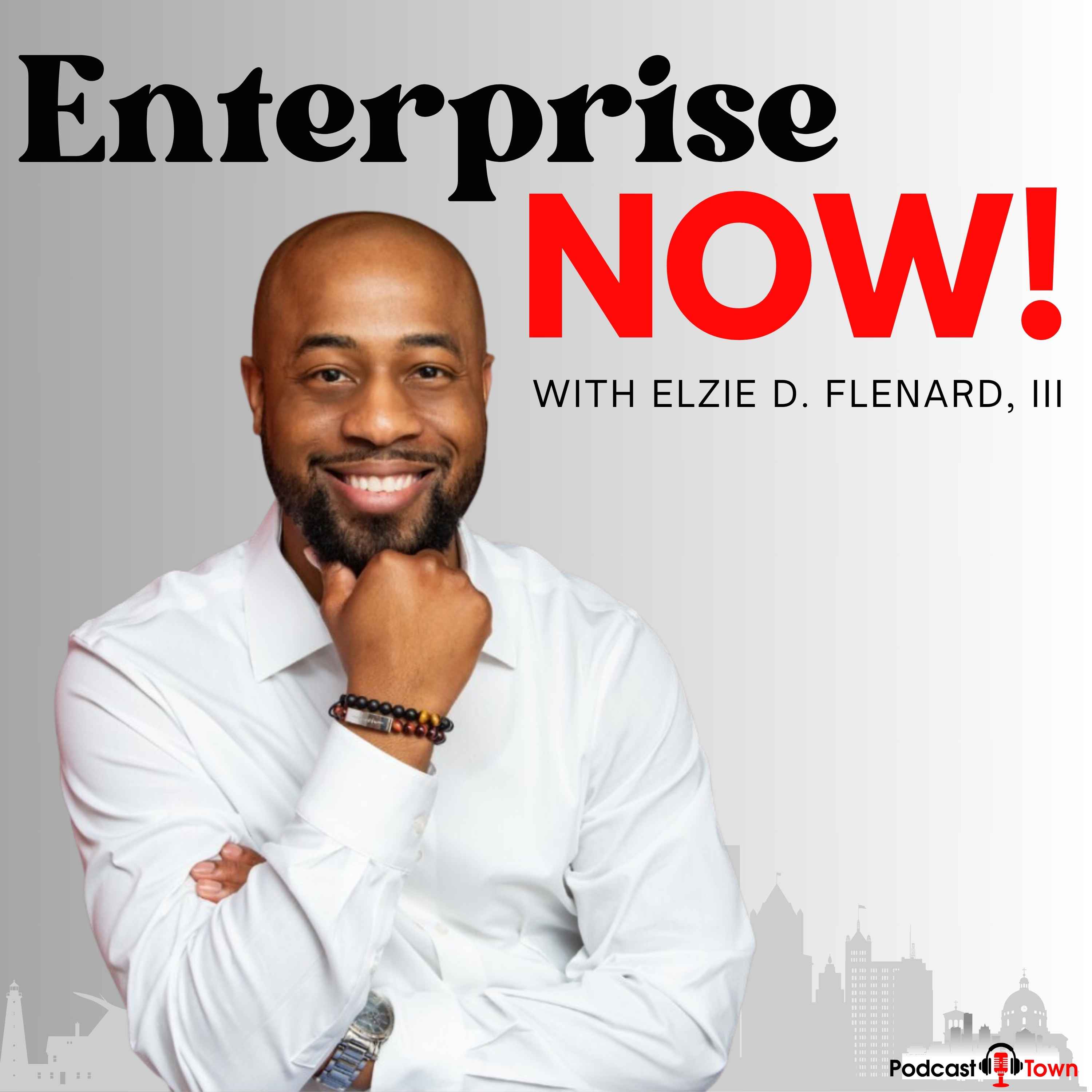- After-Shows
- Alternative
- Animals
- Animation
- Arts
- Astronomy
- Automotive
- Aviation
- Baseball
- Basketball
- Beauty
- Books
- Buddhism
- Business
- Careers
- Chemistry
- Christianity
- Climate
- Comedy
- Commentary
- Courses
- Crafts
- Cricket
- Cryptocurrency
- Culture
- Daily
- Design
- Documentary
- Drama
- Earth
- Education
- Entertainment
- Entrepreneurship
- Family
- Fantasy
- Fashion
- Fiction
- Film
- Fitness
- Food
- Football
- Games
- Garden
- Golf
- Government
- Health
- Hinduism
- History
- Hobbies
- Hockey
- Home
- How-To
- Improv
- Interviews
- Investing
- Islam
- Journals
- Judaism
- Kids
- Language
- Learning
- Leisure
- Life
- Management
- Manga
- Marketing
- Mathematics
- Medicine
- Mental
- Music
- Natural
- Nature
- News
- Non-Profit
- Nutrition
- Parenting
- Performing
- Personal
- Pets
- Philosophy
- Physics
- Places
- Politics
- Relationships
- Religion
- Reviews
- Role-Playing
- Rugby
- Running
- Science
- Self-Improvement
- Sexuality
- Soccer
- Social
- Society
- Spirituality
- Sports
- Stand-Up
- Stories
- Swimming
- TV
- Tabletop
- Technology
- Tennis
- Travel
- True Crime
- Episode-Games
- Visual
- Volleyball
- Weather
- Wilderness
- Wrestling
- Other
432: Disrupting The Freelancing Industry with Karl Swanepoel
In this lively conversation, Elzie and Revolancer founder Karl Swanepoel explore the dynamic world of freelancing. Revolancer, born out of personal frustration with existing solutions, stands out with over 20,000 users in just two years, aiming to revolutionize freelancing by eliminating commission fees. Karl, with a background in AI and robotics, sheds light on the strategic shift to a Software as a Service (SaaS) model and the importance of first-principle thinking in overcoming industry challenges.The episode emphasizes key insights for entrepreneurs and freelancers, touching on self-confidence, networking, and standing out in a crowded market. Karl shares tactics to combat the race-to-the-bottom pricing dilemma, offering valuable advice to businesses and freelancers.The conversation dives into broader business lessons, with Karl emphasizing perseverance, learning from failure, and adopting a customer-centric approach. Highlights:09:40: I think it's really important to work with clients who kind of develop a good relationship with clients. I can tell you that from my freelancing experience, I actually noticed a really strange kind of trend, which is that for my 2 clients, I have 2 clients who paid me a lot more than every other client I had. And those two clients were by far the best to work with. They were the most understanding, the most reasonable, and just a real pleasure to work with. I felt like I was really contributing something, and the clients who were constantly trying to push the price down and had tiny budgets were often horrible to deal with.19:32: I don't think it's likely that some AI is going to start launching nukes or go terminate, or whatever. But I think it's more so in automating jobs that there's now suddenly a large portion of humans who cannot do anything better, more efficiently than a machine can. And at that point what do they do? I think there are a lot of big questions around that, but there aren't really good answers, and people aren't moving fast enough to find good answers there. 23:21 People think that when you start a business, you have a cool idea. You go out there and build the idea and put it out there, advertise to people, and they buy from you, essentially. But, really, what I found is that the best way to start a business or any kind of project is to identify your target audience and then sort of like understand what their problems are and then build a solution for a very big problem for a very specific group of people. That way, your chances of success and your chances of guessing the right idea are just so much higher. 25:59: That's why you start with finding a target audience that you want to help or kind of a certain, just broader, industry that you want to be involved in. But as for what your business very specifically does, I think it needs to be driven by what the audience wants. So, for example, I could say that I used to be a freelancer. I face all kinds of issues. I want to make the industry better for freelancers. I don't know. I want to build a platform that's going to help freelancers.Connect with Elzie LinkedInSupport the journeyJoin the Flame Starters Contact Karl Swanepoel

